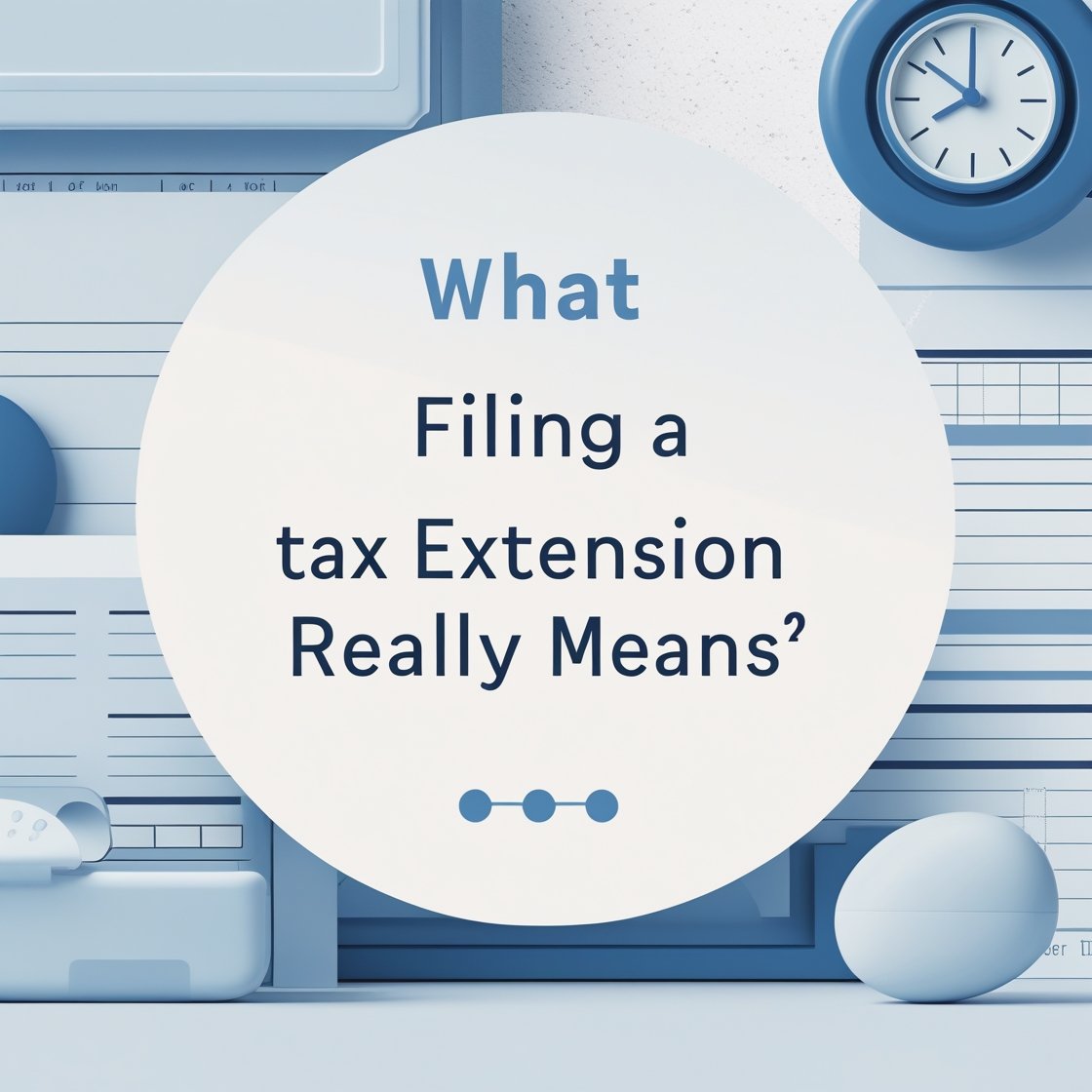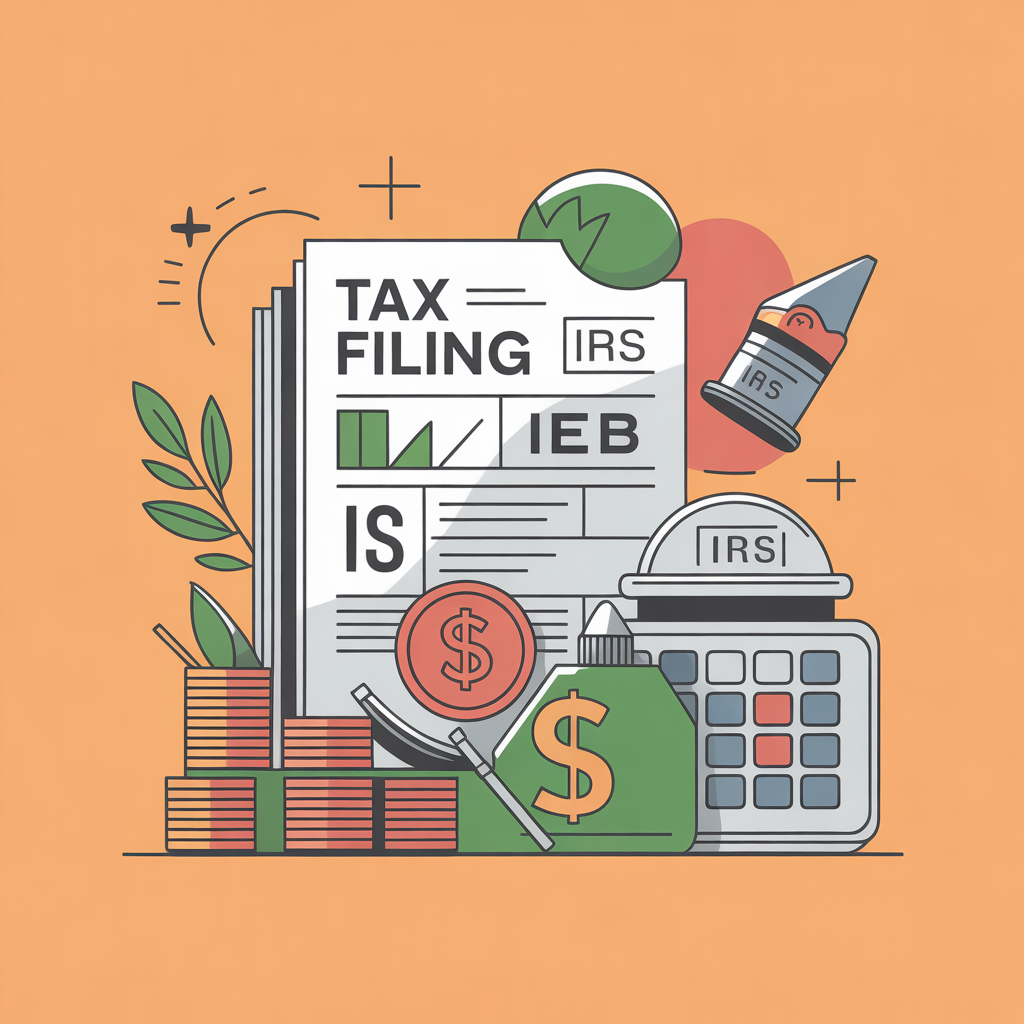When tax season rolls around, not everyone is ready to hit “submit” on their return by the April deadline. Whether you’re waiting on paperwork, dealing with life changes, or just need more time to get organized, filing a tax extension can be a smart and stress-reducing move.
But what exactly does it mean to file an extension — and what are the common misconceptions? Let’s break it down.
First, What Is a Tax Extension?
A tax extension gives you more time to file your tax return, not more time to pay your taxes.
The IRS allows individuals and businesses to request an automatic extension of time to file — usually an extra six months. For individuals, that moves the deadline from April 15 to October 15 (unless it falls on a weekend or holiday). For businesses, extension deadlines depend on the entity type (e.g., March 15 deadline for S-Corps extends to September 15).
You can request an extension by filing Form 4868 for personal taxes, or Form 7004 for business returns.
What an Extension Doesn’t Do
This is where many taxpayers get confused.
An extension does not give you more time to pay any taxes owed.
If you think you’ll owe taxes, the IRS expects you to make a reasonable estimate and pay by the April deadline, even if you’re filing later. Failure to pay on time can lead to penalties and interest, regardless of whether you filed for an extension.
When Filing an Extension Makes Sense
Here are some common (and legitimate) reasons why people file for an extension:
- You’re missing key documents (like K-1s, 1099s, etc.)
- You had major life changes (marriage, divorce, new business)
- You’re self-employed and still organizing your records
- You need more time for tax planning (to reduce what you owe)
- Your CPA or tax preparer is fully booked
Filing an extension is better than rushing and risking errors, omissions, or leaving money on the table.
What Happens If You Don’t File — or Pay?
If you miss the April deadline and don’t file an extension, the IRS may hit you with:
- Failure-to-File Penalty: Typically 5% of the unpaid tax per month, up to 25%
- Failure-to-Pay Penalty: 0.5% per month of the unpaid tax
- Interest: On top of both penalties
Even if you can’t pay in full, filing an extension (and submitting something) can reduce your penalties.
How to File an Extension (The Easy Way)
Filing for an extension is simpler than most people realize:
- Individuals: File Form 4868 electronically or by mail
- Businesses: File Form 7004
- Estimated Tax Payment: Include it with the form or pay online at IRS Direct Pay
At RIWA Tax Services, we can help you file the extension and estimate your payment accurately so you stay compliant and penalty-free.
A tax extension is a valuable tool if used correctly. It gives you extra breathing room to file your return — but it’s not a payment delay. Think of it as an extension for the paperwork, not the payment.
If you’re unsure whether you need one, or how much you might owe, get in touch. We’ll guide you through the process and help you avoid any IRS surprises later.
Contact us: +1 (972)-996-6644
Email us : info@theriwa.com Visit our website : https://theriwa.com/






